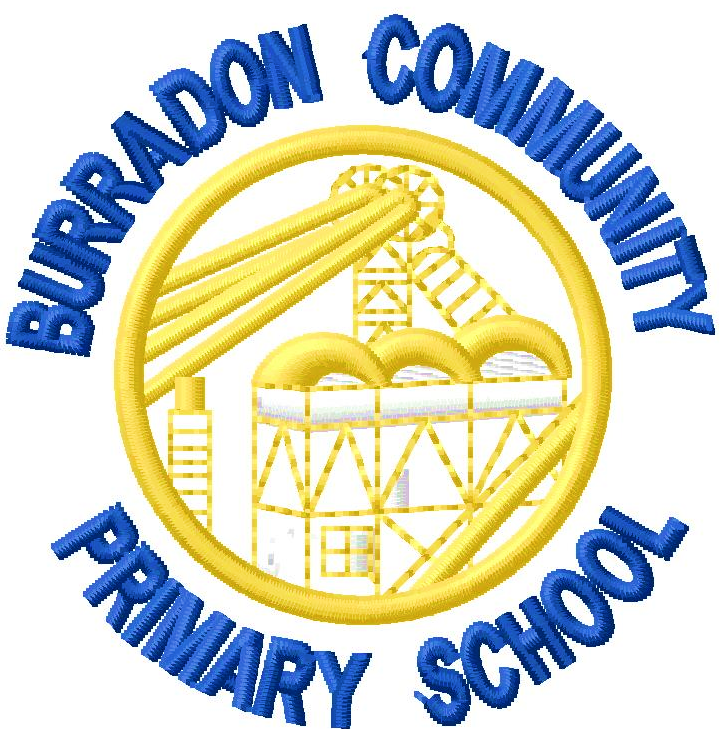Maths
 Rationale:
Rationale:
Maths at Burradon Community Primary School has been built on one of our core values:
'Persevere and be resilient – be the best you can.'
Intent
The intent of our mathematics curriculum is to provide learning which is accessible to all and will maximise the development of every child’s academic achievement. It is important that our children enjoy learning about mathematics and experience success in the subject; are curious about maths in school and the world around them; and recognise the importance of the development of their maths skills to their participation in wider society.
Our Key Principles:
- We believe maths is a subject that all children can do.
- We believe that maths should be fun, engaging and rewarding for all learners.
- We embed fluency, reasoning and problem solving at the heart of our curriculum.
- We strive for all children to become competent mathematical thinkers, confident in making connections.
- We support children in their understanding through a variety of representations, including concrete, pictorial and abstract.
Implementation
Maths lessons are taught based on the mastery approach. Long-term planning is mapped out by the White Rose Maths Hub scheme of work to ensure coverage and progression of skills. Topics are taught in extended blocks to support mastery of concepts, which are carefully sequenced to ensure the retention of skills and knowledge. The White Rose ‘small steps’ are used as a starting point for medium and short-term plans, and are then adapted using a range of resources, data and suggestions from reliable sources such as NCETM and nrich.co.uk. Lessons involve the concrete, pictorial, abstract (CPA) approach to develop a secure understading of mathematics principles. Weekly short-term planning details the objectives, success criteria and mastery strategies.
Mental Maths
From Year 1 to Year 6, pupils engage in daily mental maths sessions, which are planned carefully to promote fluency in mental methods and support children to work efficiently, flexibly and accurately. These sessions may also be used to support retention of key calculation strategies and key vocabulary. Three times a week, Year groups 1 -6 have a specific times table focus which includes teaching new tables and revisiting previously taught tables.
Foundation Stage
Maths lessons in Foundation Stage are taught based on the mastery approach. In FS2, in line with KS1 and KS2, long-term planning is mapped out by the White Rose scheme of work to ensure coverage and progression of skills. FS2 also take part in daily ‘Maths Talk’ sessions which focus on their mental maths skills. In FS1, daily mental maths sessions are delivered relating to number, using the NCETM ‘Numberblocks’ materials, and a weekly session on shape, space and measures. Both schemes are used in line with the statutory EYFS document. Assessment is carried out using the Early Years outcomes.
What do our children think of Maths?
EYFS:
Year 1:
Our typical maths lesson is: 'We have to try and figure out things and the turtle Tiny always gets things wrong. So we have to help him'.
Year 2:
Talk to me about problem solving and reaosning: 'We have to explain what we have done and we do word problems. We have to find mistake'.
Year 3:
'Going on TTRs so I know my times tables helps me with my maths learning. Times tables then helps my fractions work'.
Year 4:
Maths can help us in later life because: 'It helps our brain and you might need it in jobs and careers'.
Year 5:
In our maths 'lessons we focus on reasoning and making sure we fully understand'.
Year 6:
In our maths lessons: 'We do practical work and work in books. We focus on methods and learn how to fully reason and explain'.
